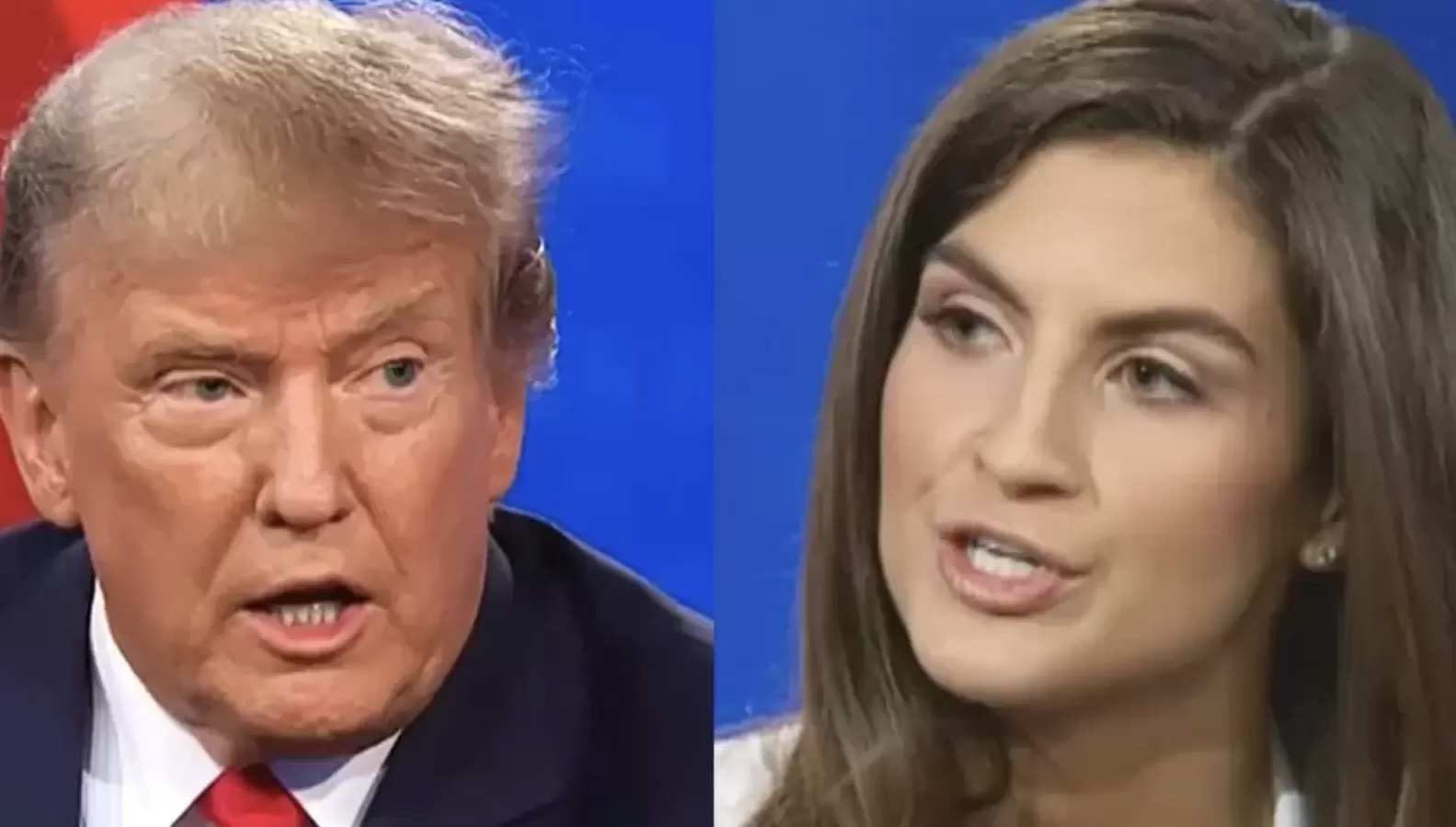Trump Launches Fierce Criticism at CNN’s Kaitlan Collins
In a tense press conference held at the Oval Office on Thursday, President Donald Trump launched a sharp attack on CNN anchor Kaitlan Collins, accusing her of bias and calling her credibility into question. The exchange, which quickly became a focal point of media coverage, showcased Trump’s unfiltered and aggressive style as he went after both Collins personally and her network as a whole. The confrontation unfolded during a discussion about the ongoing conflict between Russia and Ukraine, with Trump facing questions from various reporters. The atmosphere, however, grew more heated when Collins interjected during Trump’s response to a question about whether Russian President Vladimir Putin genuinely sought peace.
Trump initially responded to the Putin question with caution, stating that he believed Putin “would like to see something happen” regarding the conflict and that it could have been resolved earlier. But the situation escalated when Collins posed a follow-up question: “Do you trust President Putin?” This query appeared to trigger a shift in Trump’s demeanor, as he abruptly pivoted from discussing the Russian president to attacking Collins and CNN. He implied a connection between Collins and his political opponent, former President Joe Biden, saying, “I know he’s a friend of yours.” The comment was a thinly veiled jab at Collins’ perceived political leanings.
As the exchange continued, Trump escalated his rhetoric, delivering a scornful rebuke of CNN as a whole. “That’s why nobody watches CNN anymore. Because they have no credibility,” he declared, underscoring his belief that the network is biased and aligned with his political adversaries. Trump’s remarks were framed as a direct attack on the journalistic integrity of CNN, with implications that reporters like Collins were merely mouthpieces for Biden and the political left. His comments were well-received by his supporters, who have long accused mainstream media outlets of unfairly portraying him and his administration.
Earlier in the briefing, Trump had also clashed with Collins over tariffs and inflation. When Collins attempted to challenge Trump’s policies on tariffs, questioning their impact on inflation, she was quickly shut down. “Excuse me. We haven’t asked you to speak yet,” Trump responded sharply, further cementing the combative tone of the briefing. This interruption was a precursor to the more explosive exchange that followed, where Trump’s frustration boiled over into a direct confrontation with Collins.
For some, the incident was reminiscent of Trump’s past confrontations with the media, where he often sought to discredit outlets and journalists who did not align with his viewpoints. However, his remarks in this instance were particularly harsh, attacking not just the reporter but the credibility of an entire network. The verbal barrage against CNN and Collins echoed his broader strategy of undermining institutions that criticize or challenge his narrative, particularly those in the media that he perceives as hostile.
Trump’s supporters applauded his actions, with many praising him for standing up to what they view as a left-wing media establishment. “Finally, someone is calling out CNN for their partisanship,” one user wrote on social media, while others expressed admiration for Trump’s blunt, unapologetic style. On the other hand, critics condemned the president’s remarks, arguing that his attacks on journalists posed a serious threat to press freedom and the role of the media in holding elected officials accountable. Media watchdogs pointed out that such comments were not only disrespectful but also dangerous for democratic institutions that rely on an independent press.
The clash between Trump and Collins highlighted the deep divide in American politics, where each side interprets the president’s words through their own lens. For his supporters, Trump’s combative stance is seen as a necessary challenge to a biased media, while for his detractors, it represents a worrying disregard for journalistic standards and the importance of free speech. This heated exchange is unlikely to be the last of its kind, as the battle between the president and the media continues to play out in the public eye.
